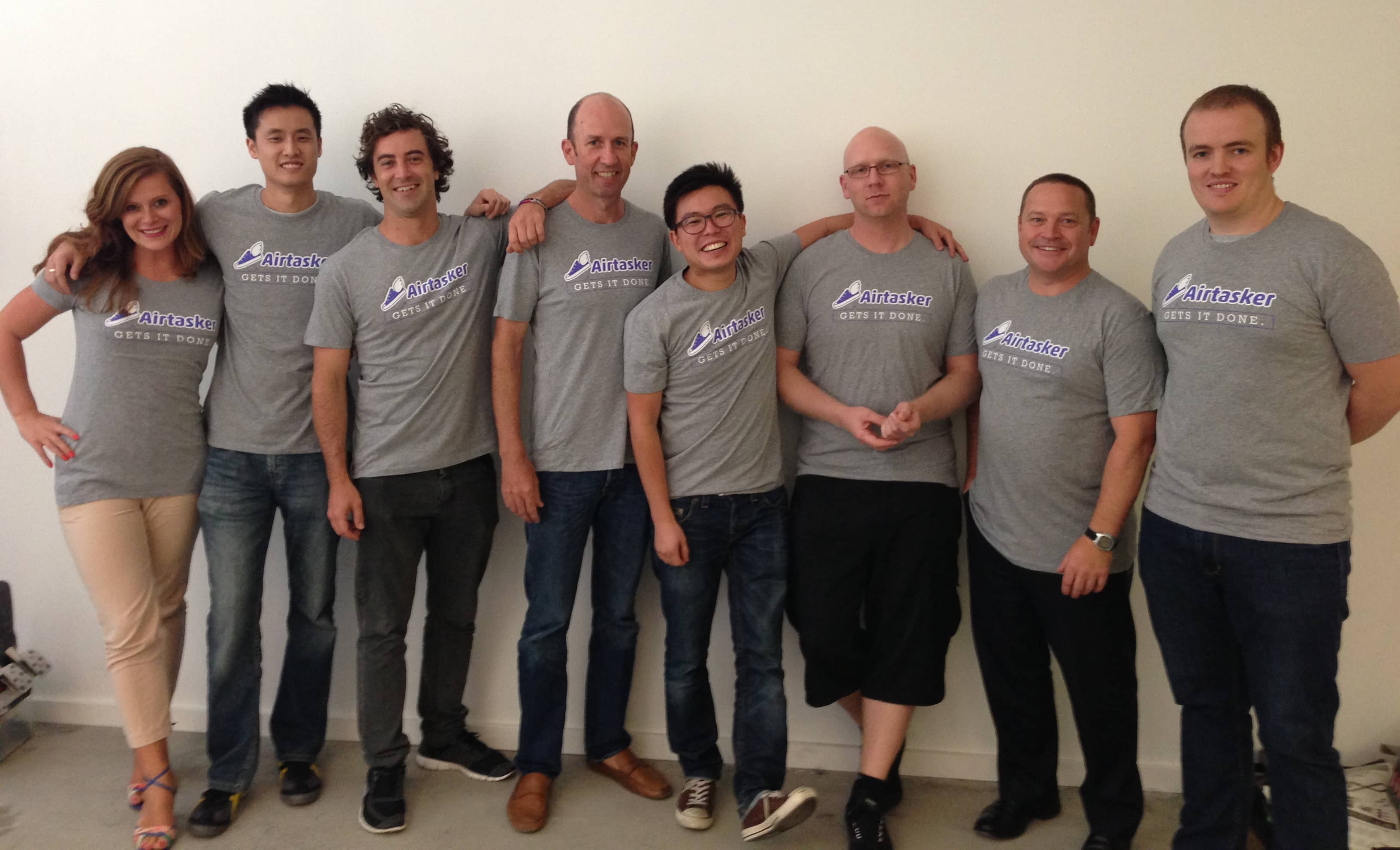
The Share Economy - Is It For You?
A recent Curtin University analysis of national data from the Household, Income and Labour Dynamics in Australia survey suggested that the over 70’s demographic is happiest in the work place. 
Report spokesperson Rhonda Brighton-Hall says the new study reveals that Australians who work for themselves or in small businesses, in the not-for-profit or government sector and workers that can do some of their work from home each week are more likely to be satisfied in their jobs.
This is why the emerging sharing economy is definitely an option for older workers.
This week on the Daily Drive we spoke to Tim Fung, the CEO of Airtasker who revealed the astonishing growth he has seen in his business in the past 5 years since launch.
In the sharing economy (Uber, AirTasker and Airbnb), age doesn’t matter like it does in some work places. As long as you can get the job done, who cares how old you are.
A study released in 2015 by Price Waterhouse Coopers estimates the size of the sharing economy to be $15 billion, and expects it to grow to $335 billion by 2025.
Is there a downside? Yes there is but like most things, it’s manageable. Airbnb hosts and Uber taxi drivers take on many of the costs of ownership that would normally be handled by a company, including wear and tear on their homes and cars. The jobs also lack superannuation and other benefits.
But there can be advantages. If you want to increase cash flow and participate in the work force on a part-time basis, there is a real benefit for the over 50’s.
Here are seven popular services you may want to consider using or working for.
Airbnb
One of the biggest engines of the sharing economy with more than 40 million users, Airbnb makes it easy to open your home to strangers for a profit. If you have a spare bedroom or a holiday house, or are just going to be away from home for a short time, you can sign up to host guests through the website. Once your space is listed along with photos and an accurate description, travellers can contact you to book dates.
Uber
The largest of the popular ride-sharing services is Uber. To sign up, drivers must have a valid driver's license, car insurance and a clean driving record, and they must pass a background check.
PetHomeStay
PetHomeStay connects pet hosts with pet owners who need someone to care for their dogs while they're at work or traveling. Currently over 650 hosts are registered across the country.
Hosts have complete control over the type of dogs they host and the frequency. Hosts receive professional and liability insurance through the company, but they must go through a vetting process and have experience caring for dogs.
Fiverr
Fiverr lets users sell their creative or professional services, ranging from graphic design to voice-overs. While gigs start at $5 sellers can charge more as they become more experienced on the site, adding custom orders or extras that are more time consuming.
AirTasker
AirTasker connects "taskers" — those willing to perform tasks, from yard work to hanging a photo on a wall to picking up an item at a store — with people willing to pay for their help.
You have a valuable asset – time and talent. Taskers set their own prices and define their tasks and work schedules themselves.
CarHood
The idea for Carhood was first showcased on the now defunct Shark Tank program where business ideas are pitched. Unlike the show, CarHood has gone from strength to strength.
Carhood is an airport car sharing platform allowing travellers to rent out their cars and avoid airport parking fees.
I’ve twice rented a car from CarHood, both times from Melbourne Airport and both times, I was very impressed with the service. You’re picked up form the airport by one of their drivers who takes you to their warehouse about 8 mins from the Airport. There you sign your paperwork and the car is yours for $15 a day! Costs vary depending on the vehicle and demand.
Vayable
Vayable is a site that matches tourists with local guides. Anyone willing to be a local tour guide can sign up with the service and describe the local experience they want to offer. Guides set their prices and Vayable charges a 15 percent commission. Travellers also pay a 3% service charge to Vayable.
Vayable is looking to recruit more retiree guides as they are often the most knowledgeable in a community with the most stories to tell according to a recent interview with Vayable founder Jamie Wong.

